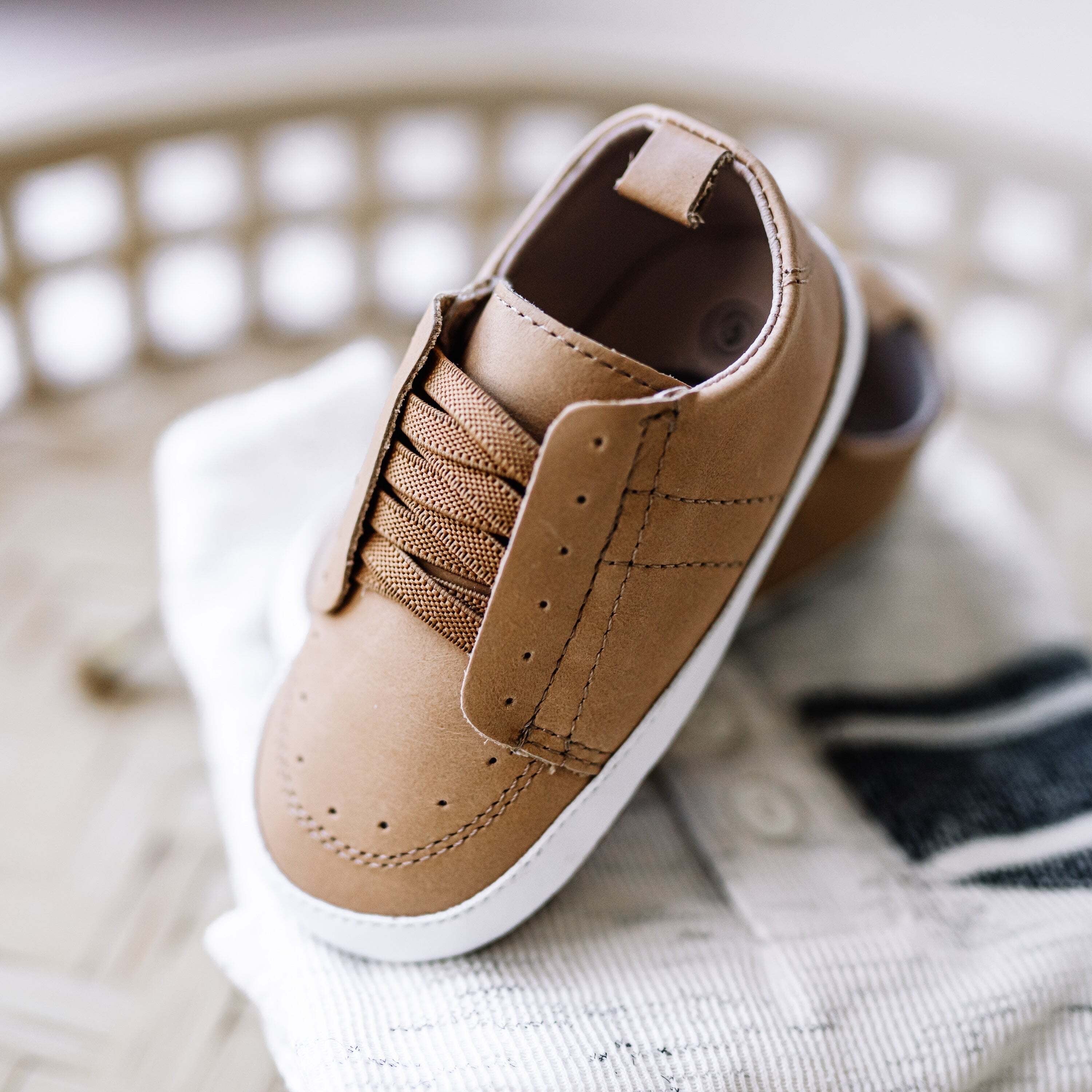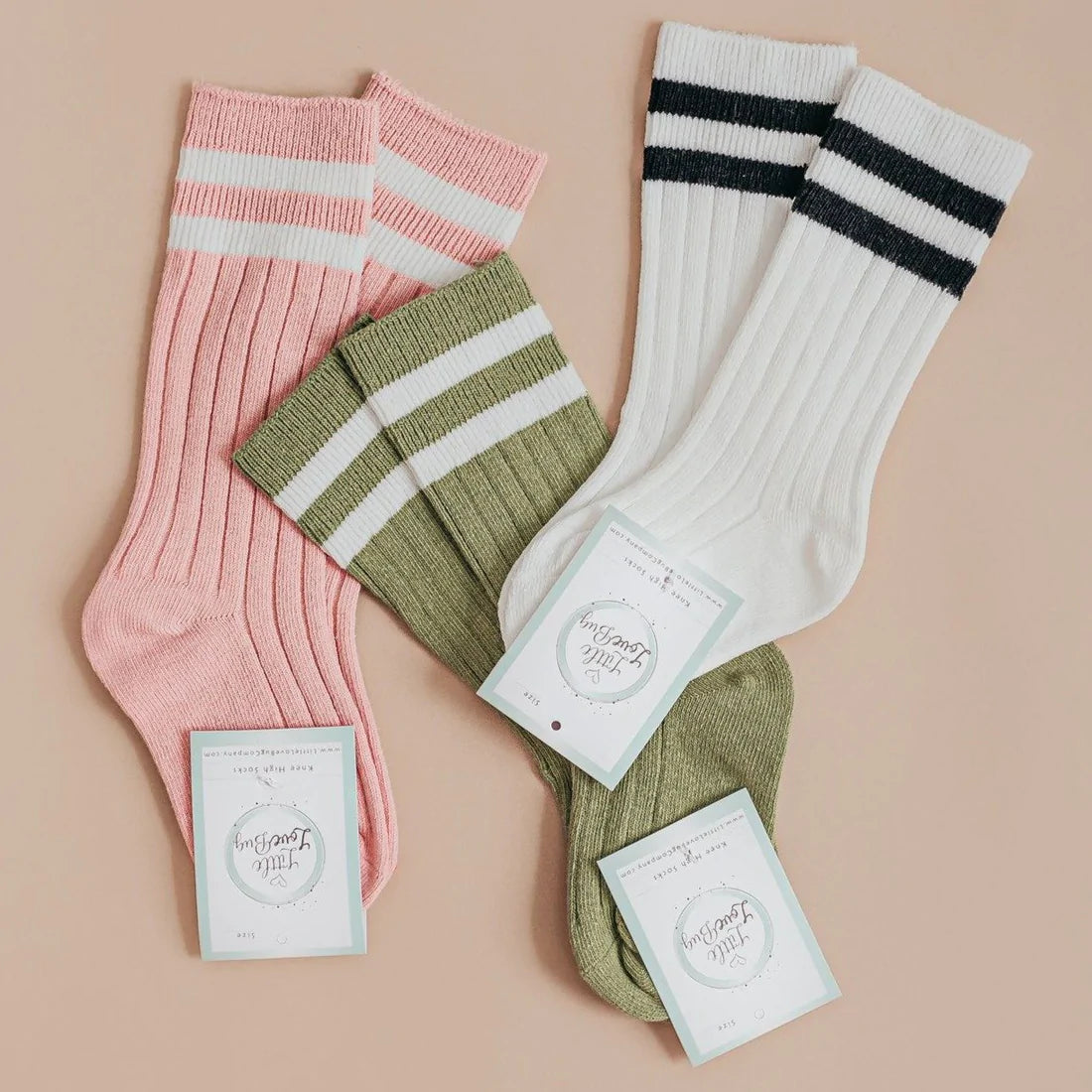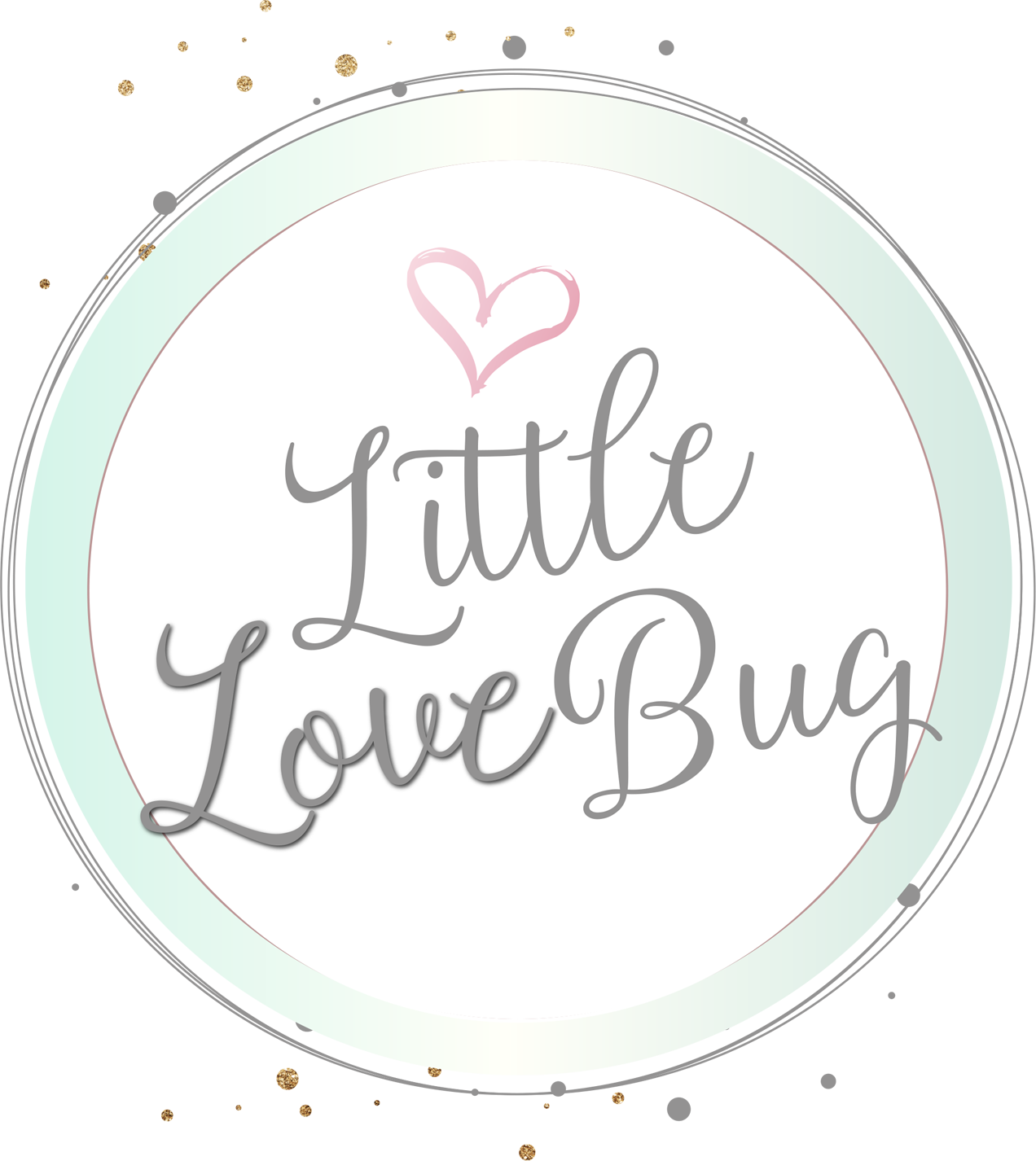
She might be in a dark place. Don’t plunge her deeper into it.
I wasn’t shocked when my ob-gyn prescribed me medicine for postpartum depression/postpartum anxiety. After all, I had just burst into tears in her office after she simply asked how my mood had been six weeks after giving birth to my second baby boy. Still, telling people what I was dealing with opened me up to getting unhelpful questions and comments. Moms who’ve been there can attest that these suck.
1. “Do you have enough help at home?” If you're not offering to pitch in, hold back on asking this. Unless she has unlimited resources, the answer is no. It's never enough when you have a crippling mental illness, a job and a needy baby, even if you have a supportive partner. Grandparents are only available so often.
2. “I can’t believe you’re telling people about this.” If a woman opens up to you about her PPD, it could be because she thinks you'll be supportive. Insinuating she should keep her condition secret adds to the shame she's no doubt already feeling. I’m talking about my PPD because I want to get to the point where, even though the condition itself is a big deal, being open about it isn’t.
3. “You’re really going back to work?!” This'll vary based on how much you like your job, but I was truly looking forward to returning to the office! I'm not adept at taking care of babies. I can't tell when he's tired versus when he's teething, and the long, drawn-out trial and error set to a soundtrack of hysterical cries can be soul-sucking. I'm pretty good at my job, and feeling in control of something when so much is out of your control is comforting.
4. “Maybe you should stop nursing.” No. No, no, no, no, no.
How a mom chooses to feed her baby, even if you think she'll be better off another way, is off-limits for commenting if you’re not the child’s pediatrician. In my case, I had an undersupply with my firstborn, and a slight oversupply this time around. Since there’s some evidence pointing to breastfeeding easing PPD symptoms, I'm thrilled I can feed my baby this way, even though I could’ve done without middle-of-the-night mealtimes.
5. “What are you taking?” Prying much? That’s between a patient and her doctor, unless a mom offers up the contents of her medicine cabinet on her own. (But I’m on 5 mg of escitalopram daily if you must know, and I feel a lot better, thanks.)
6. “How long are you going to stay on meds?” Until her doctor and she think it’s a good idea for her to stop taking them—as with any other drug, so why ask?
7. “Don’t hurt yourself—or your baby!” Duh. But it is a thought that crosses some new moms’ minds—and guaranteed, she’s feeling guiltier than she’s ever felt over it, even if she’d never go there. It’s way more helpful to routinely check in with the mom and ask how that particular day is going than to issue demands she’s already desperately trying to meet.
Written by Meredith Bodgas for Working Mother and legally licensed through the Matcha publisher network. Please direct all licensing questions to legal@getmatcha.com.


